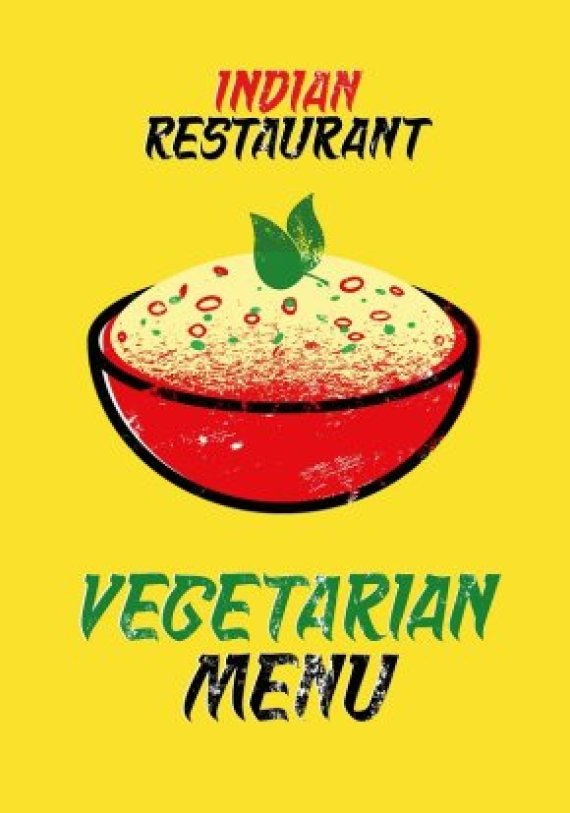This emerged from an experiment conducted by student Renske Hermans for her MSc in Management, Economics and Consumer Studies. The Dutch eat an average of about 43 kilos of meat per year. Meat production places a far heavier burden on the environment than plant-based food. During her experiment Hermans monitored the choices made by 291 restaurant guests at Le Début restaurant in The Hague, which is run by hotel school students. The menu featured a prominent ‘menu gastronomique’ with starters, main dishes and desserts. For the first two weeks, there was a meat dish as main course (beef steak) and for the next two weeks, a vegetarian dish (a meat substitute with teriyaki). Then there was a period without a ‘menu gastronomique’ to see how many guests would go for a vegetarian option from the à la carte menu, without any attempt to influence them.
The failure to influence diners’ choices might have to do with the classy restaurant atmosphere, says Ellen van Kleef, assistant professor in the Marketing and Consumer Behaviour chair group, and Hermans’ supervisor. ‘They were eating out in a posh restaurant so they were thinking very carefully about their choice of food.’ Influencing behaviour with little ‘nudges’ – small changes which steer choices without limiting them – depends precisely on the fact that we take a lot of day-to-day decisions quickly and automatically. Earlier experiments show that nudges can have quite an influence on behaviour. ‘Methods from the marketing world are often used for this,’ says Van Kleef. An example would be a snack kiosk where you are asked, ‘And would you like anything to drink with that?’ Such tactics can be used to steer people towards healthier choices too. If you make a vegetarian dish the standard option in a canteen – where decisions are not pondered the way they are in a chic restaurant – Van Kleef guesses it will be chosen more often.
Another finding revealed how difficult it is to lure people away from their beefsteak without resorting to hard-handed methods. The ‘menu gastronomique’ turned out to be far more popular when it contained meat. In those weeks, 50 percent of the guests chose the menu, as opposed to 17 percent in the vegetarian weeks. ‘Quite simply, a lot of people are confirmed carnivores,’ says Van Kleef. ‘We can only nudge them in the other direction.’

